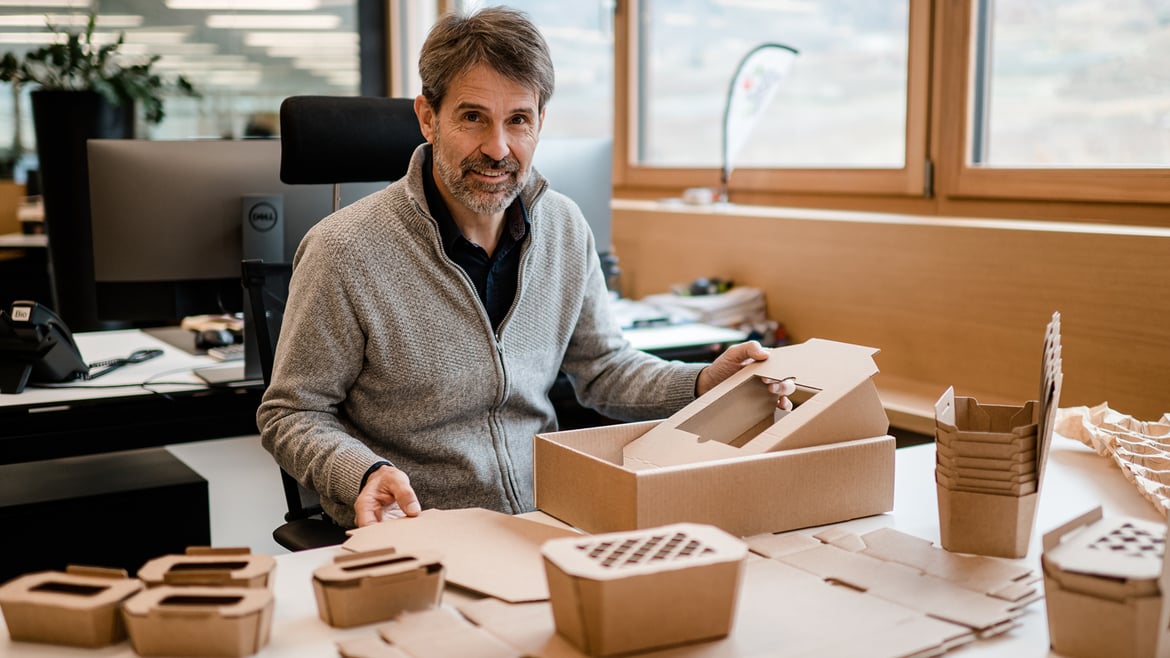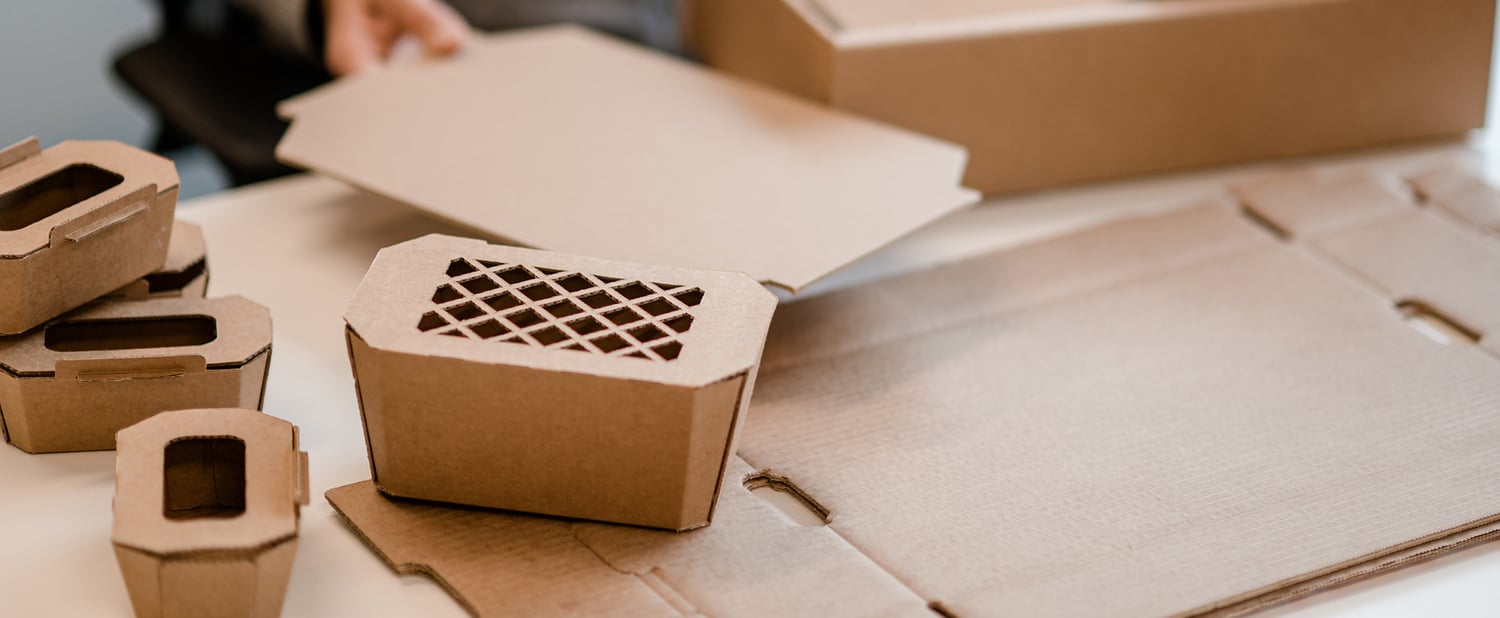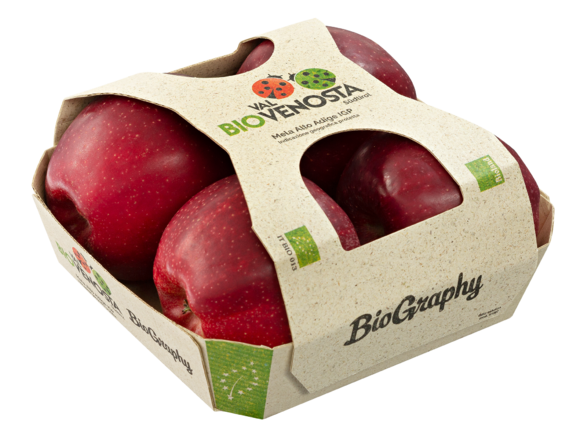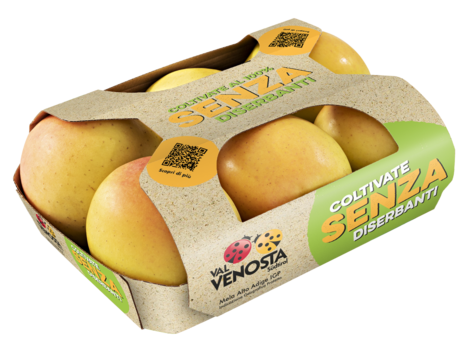02/02/2022
What do these "5Rs" mean? Here's the explanation: "R" for Remove, that is, avoid packaging where not necessary; "R" for Reduce, referring to the size of the packaging, in order to waste less raw material and make logistics more efficient; "R" for Reuse & Recycle, meaning the use, whenever possible, of recycled materials or, alternatively, completely recyclable single-material packaging, thus promoting the circular economy; last but not least, "R" for Renewable, using materials that come from resources of this type.
The intense work on packaging once again confirms the Consortium's position at the forefront of innovation and sustainability. VIP intends to develop this position further day by day by evaluating alternative solutions that are optimal for the apple's shelf life and, at the same time, can be implemented efficiently during all stages of production. Furthermore, great attention is paid to how the raw materials available in the long term are used and how the same material is processed during disposal in the different Italian territories.
Stephan Gorfer, VIP Product Manager, comments: "This is the beginning of a route undertaken to guide our future choices and we hope that this will also influence and inspire our retail partners to improve the real sustainability of packaging. We are on the right path, but we are aware that there are wide margins of growth".
“Our goal - Gorfer emphasizes - is to keep improving and never stop doing so”. In this sense, VIP's research is constantly evolving. They are currently working with selected suppliers to find substitutes for the plastic films used in cardboard, as well as innovative, sustainable and attractive alternatives for smaller packaging types.
Unfortunately, it should be pointed out that the explosion in the price of raw materials and their difficult availability has now become a major factor in the debate on packaging and sustainability, and has almost brought some supply chains to a standstill, complicating daily work and some long-term projects. Not only have the prices of paper, cardboard, wood and plastics soared, but the extremely long supply times and lack of certainty on delivery make it difficult both to be proactive in the market with innovative or experimental proposals and to react quickly to customer demands.
The same applies for materials from renewable sources such as sugar cane bioplastics, making innovative planning really difficult.
“In the medium term - highlights VIP's management - we expect the situation to get back to normality, but we cannot overlook the issue of economic sustainability in our and our customers' market proposals”. The impact of the cost of packaging must be related to the real value of the product, and at the moment it is difficult to bring to market ideas that fit into a price proposal understandable to consumers. Certainly, manufacturing companies cannot be able to amortize these costs without having to take at least part of them to consumers.
However, VIP's green process continues: it is carrying out an important commitment for everyone's future, which is giving significant results, making the Val Venosta Consortium the partner of choice.




